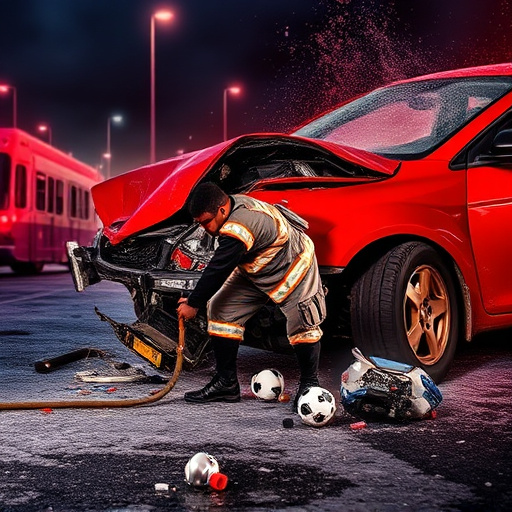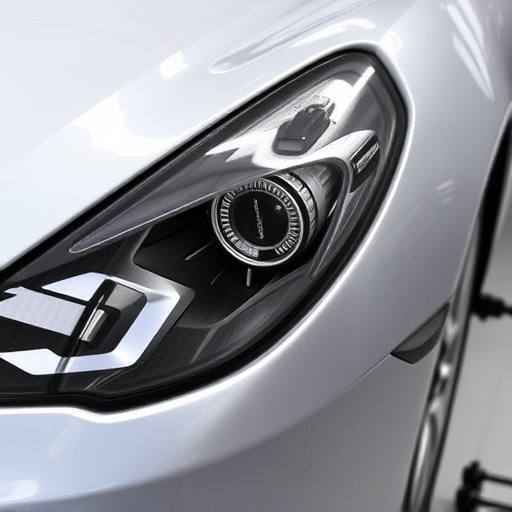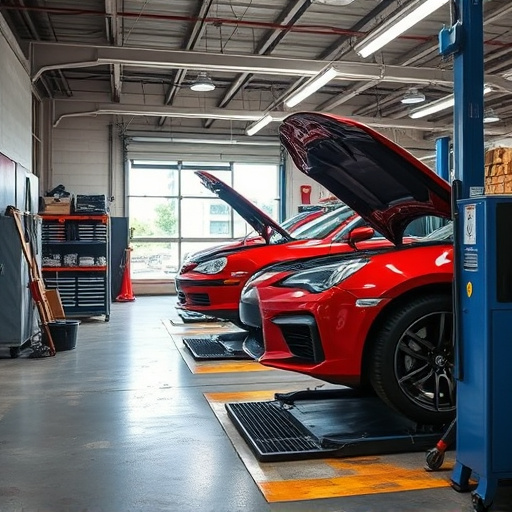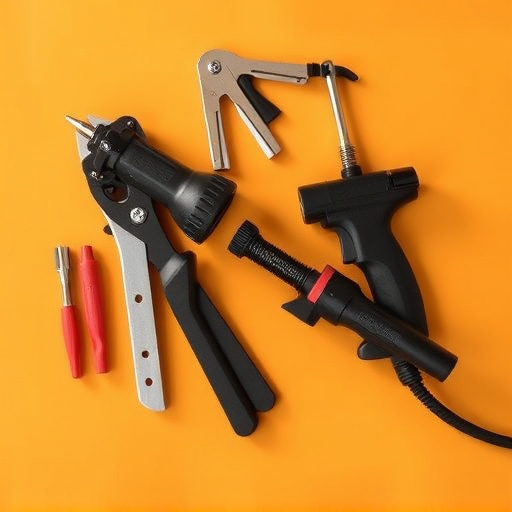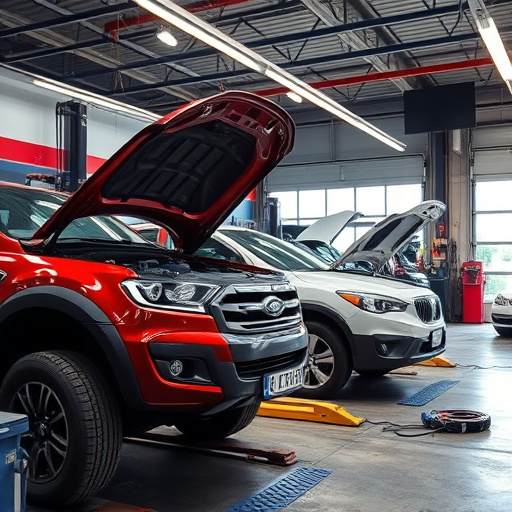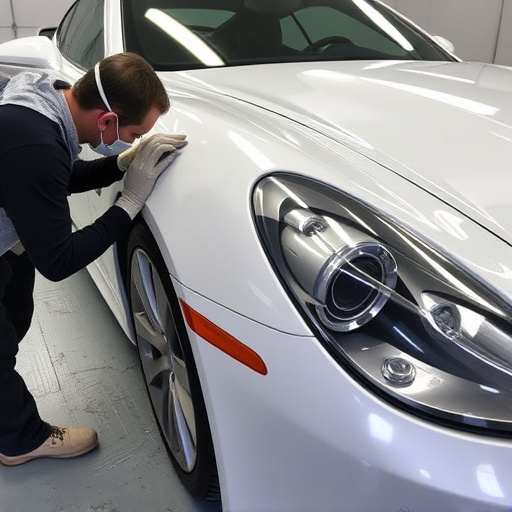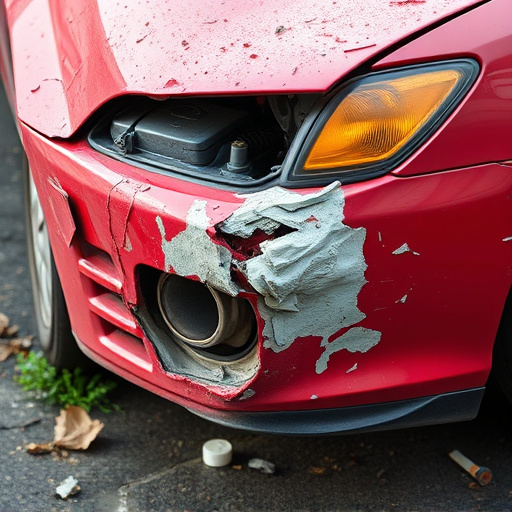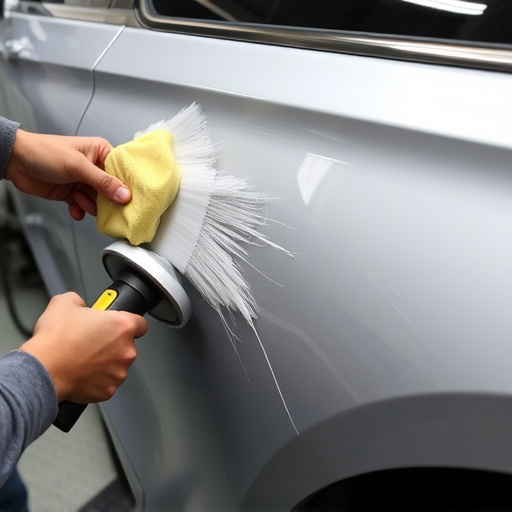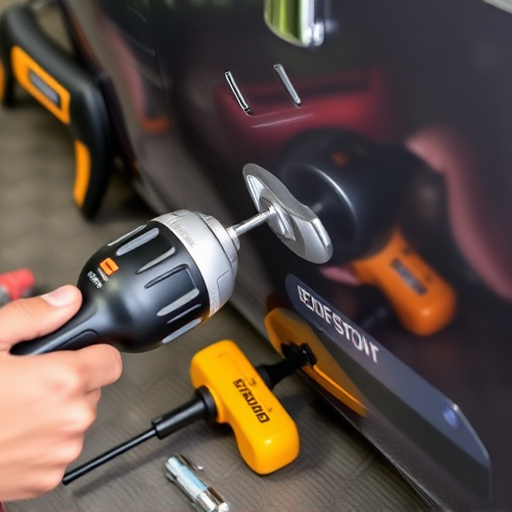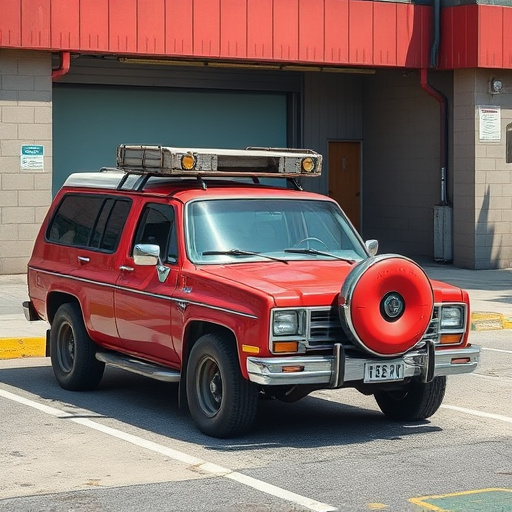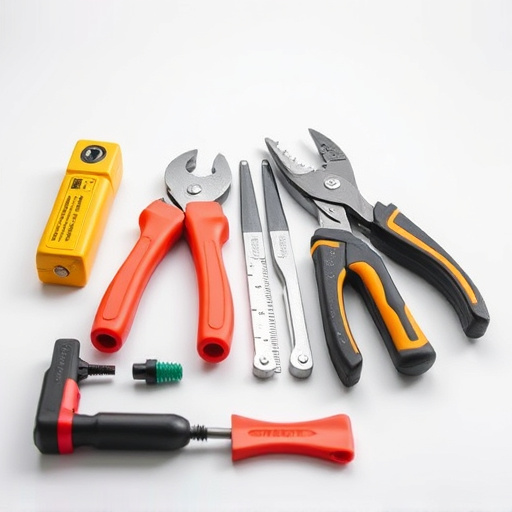Professional collision repair shops are key to simplifying post-accident insurance claims, providing policyholders with peace of mind. They excel in damage assessments, accurate documentation, and insurer communication, ensuring efficient repairs, faster turnaround times, and tailored guidance for clients' vehicle maintenance needs after a collision. These shops streamline the process by employing advanced equipment and skilled technicians, facilitating timely claim settlements and restoring vehicles to pre-accident condition while managing financial burdens.
Professional collision repair shops play a vital role in navigating complex insurance claims, ensuring efficient vehicle restoration. Understanding the claim process involves a structured approach where shops, insurers, and policyholders have defined roles. Certified technicians in these shops employ advanced tools and training to accurately assess and document damage, adhering to manufacturer guidelines for precise repairs. Effective communication strategies, transparent updates, and customer-centric practices foster satisfaction, building trust and long-term relationships.
- Understanding the Claim Process
- – Overview of insurance claim procedures for collision repair
- – Roles and responsibilities of shops, insurers, and policyholders
Understanding the Claim Process
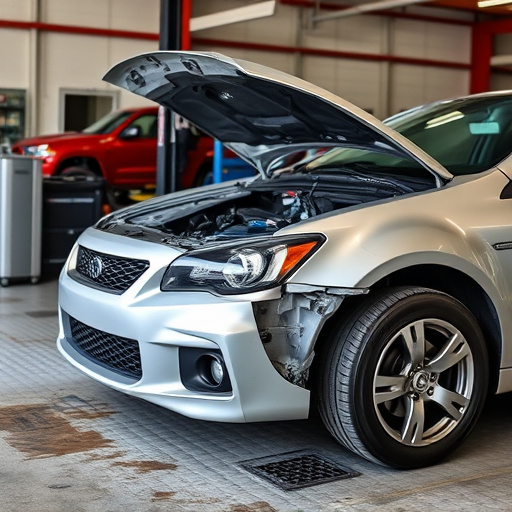
When a vehicle experiences a collision, the process of insurance claims can seem daunting for many owners. However, professional collision repair shops are experts in navigating this system, ensuring a smoother experience for their clients. The first step involves assessing the damage, which is crucial for determining the scope of work required for auto body restoration and vehicle repair. This detailed evaluation is essential for both accurate estimates and effective communication with insurance providers.
Professionals in this field understand the claims process, from filing initial reports to negotiating with insurers. They are well-versed in documentation, ensuring that all necessary paperwork is completed accurately and promptly. This expertise translates into faster turnaround times for customers, as they can rely on these shops to coordinate with insurance companies, manage repairs, and even offer guidance on choosing the right auto maintenance services for their vehicle’s specific needs after a collision.
– Overview of insurance claim procedures for collision repair
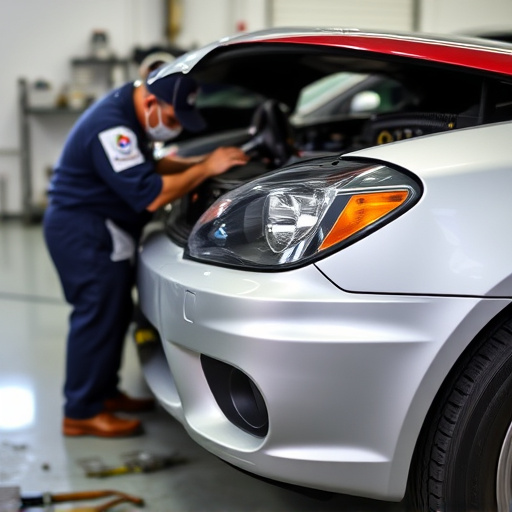
When a vehicle suffers damage in an accident, professional collision repair shops step in to facilitate the insurance claim process. This typically begins when the policyholder files a claim with their insurance provider, who then assigns an adjuster to assess the extent of the damage. The adjustor inspects the vehicle, evaluates the repair cost, and communicates their findings to both the insured and the insurance company. For professional collision repair shops, this involves understanding detailed estimates for frame straightening, body panel replacements, and other necessary auto maintenance tasks to ensure comprehensive vehicle restoration.
After the assessment, if the claim is approved, the insurance company issues a check or electronic payment directly to the shop, covering the agreed-upon repair costs. The collision repair specialists then get to work, utilizing advanced equipment for frame straightening and skilled technicians to carry out precise repairs. Throughout the process, clear communication between the shop, policyholder, and insurer is paramount to ensure timely resolution and customer satisfaction with the final vehicle restoration.
– Roles and responsibilities of shops, insurers, and policyholders
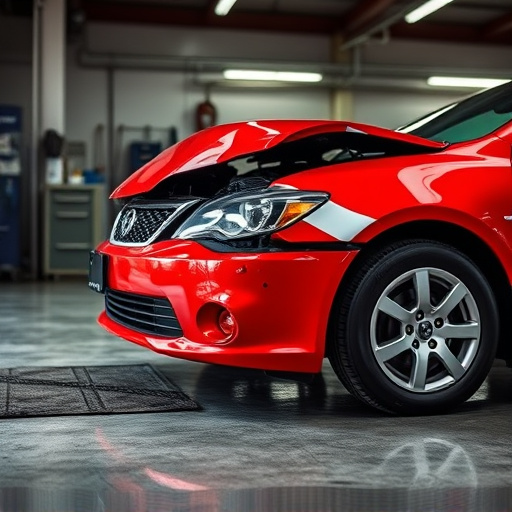
When it comes to handling insurance claims for car accidents, a seamless process is crucial for all parties involved. Professional collision repair shops play a pivotal role in this ecosystem by providing expert auto dent repair and vehicle collision repair services. Their responsibilities encompass assessing damage, conducting repairs, and ensuring vehicles meet safety standards. They communicate with insurers to understand policyholder benefits and work within the scope of coverage.
Insurers, on the other hand, facilitate the claims process by evaluating damage estimates, verifying repairs, and managing financial aspects. Policyholders, who have chosen comprehensive or collision coverage, are responsible for filing claims, providing accurate information, and selecting approved repair facilities like those specializing in car body repair. Collaboration among these entities ensures that the financial burden of unexpected vehicle damages is managed effectively while restoring vehicles to pre-accident condition.
Professional collision repair shops play a vital role in navigating complex insurance claims, ensuring that policyholders receive fair compensation for their vehicle damages. By understanding the claim process and collaborating effectively with insurers, these shops streamline repairs, offer quality workmanship, and advocate for clients’ interests. Choosing a reputable professional collision repair service is key to a smooth claims journey and restoring your vehicle to its pre-accident condition.
